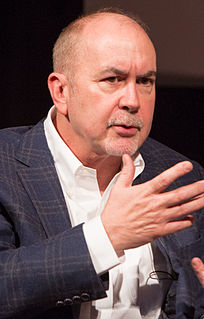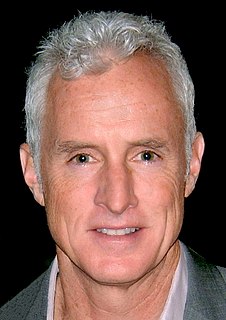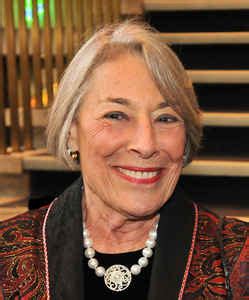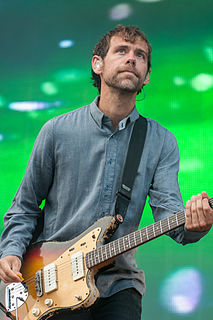A Quote by Chuck Palahniuk
My writing process isn't a very organized thing.
Related Quotes
My writing process isn't a very organized thing. The actual writing part is a tiny part of my life. I often write in public. I bring my laptop or write freehand in notebooks. Then, I'll read through them while I exercise or walk the dog. The very last thing I do is the sitting alone at the computer part.
The process of writing fiction is totally unconscious. It comes from what you are learning, as you live, from within. For me, all writing is a process of discovery. We are looking for the meaning of life. No matter where you are, there are conflicts and dramas everywhere. It is the process of what it means to be a human being; how you react and are reacted upon, these inward and outer pressures. If you are writing with a direct cause in mind, you are writing propaganda. It's fatal for a fiction writer.
What I find is that many times when I work with chance, with indeterminacy, I am more open to experience, less prone to a fixed process, and I think it creates a very important challenge. It creates a way of writing that is, in a way, flatter or smooth, a surface conducive to release, to movement. And in this way, the form of writing gets delightfully melded with the process of the writing.
My books are based on the "what if" principle. "What if you became invisible?" or "What if you did change into your mother for one day?" I then take it from there. Each book takes several months in the long process of writing, rewriting, writing, rewriting, and each has its own set of problems. The one thing I dislike about the writing process is the sometimes-loneliness of it all. Readers only get to see the glamour part of a bound book, not some of the agonizing moments one has while constructing it.
Structure is what makes communication hang together. It's like the rails that a train runs on. Without them, things wouldn't move very far. If you only have time to do one thing in your presentation, make sure it has a clear and identifiable structure. Without this, you'll have no credibility. Once you've organized your ideas, if you step back and look at it, many times we've organized topics. We've strung together a structure with organized topics. At this point, change your topics into messages.




































